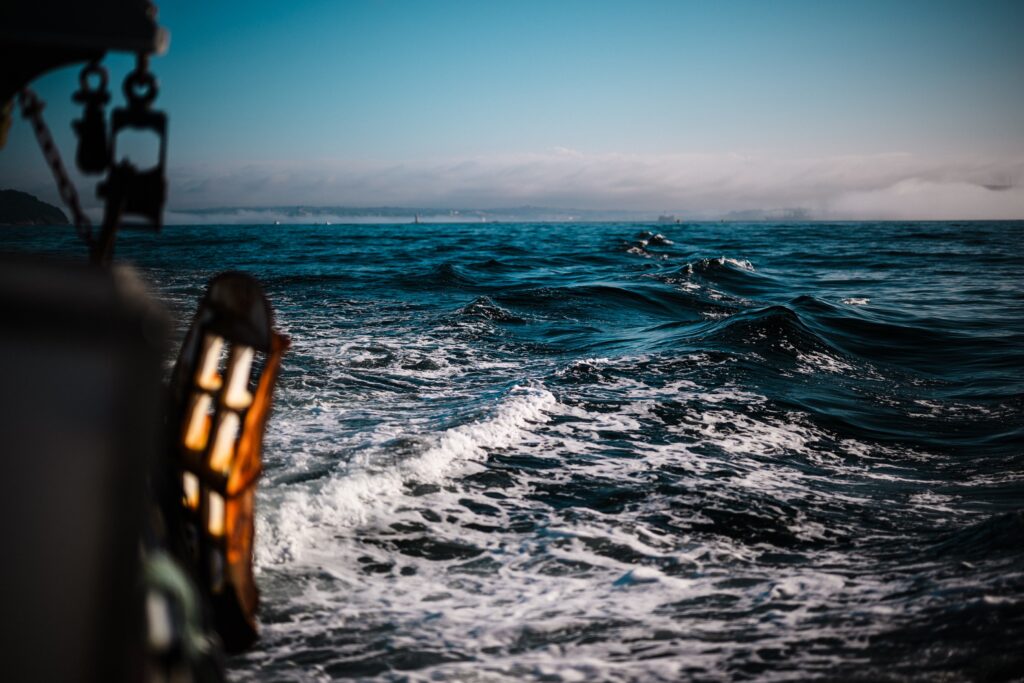New research sheds light on previously unreported complexity in maritime traffic during the first year of COVID-19.

The study, led by researchers at the Marine Biological Association and the COVID-19 Bio-Logging Initiative, assessed changes to global shipping and fishing activity, revealing in unprecedented detail how the rapid implementation of restrictions and lockdowns affected human mobility on the ocean in 2020.
Researchers used satellite and nightlight data to detail surprising complexity in maritime traffic patterns, investigating vessel activity from the global to the local scale across major fishing areas, exclusive economic zones and marine protected areas to determine where the largest reductions and increases in activity occurred in 2020.
Globally, changes were small: shipping activity in Exclusive Economic Zones decreased by 1.35% and high-seas shipping activity increased by 0.28%.
However, there were striking differences at smaller scales depending on area, vessel type and time period examined. For example, between April and June 2020, passenger vessels were less active in 97 % of Mediterranean Sea coastal states compared to 2017–2019, and in the Eastern Central part of the Pacific Ocean there were 2.5 times more detections of transiting squid jigging vessels than in 2017-2019.
Not all these changes were driven by the COVID-19 pandemic. Geopolitical tension, highly mobile fishing fleets, and ongoing trends in marine sectors impacted activity.
These results suggest a highly context-dependent response to the pandemic, depending on the industries operating and COVID-19 restrictions in an area.
Researchers warn that examining marine traffic at too large a scale and across multiple vessel types could risk overlooking important patterns. They stress the importance of monitoring maritime traffic using multiple data sources, especially when evaluating the long-term impacts of the COVID-19 pandemic on both maritime industries and the marine environment.
The study provides an effective measure of global maritime vessel activity that can support conservation efforts in vulnerable areas, highlighting where and when the largest changes in maritime activity occurred during 2020.
Postdoctoral Research Assistant Dr Alexandra Loveridge from the Sims Lab at the Marine Biological Association (MBA) led the study alongside international research scientists.
Dr Loveridge said: “Unprecedented access to human mobility data has proven to be a powerful tool for managing the COVID-19 pandemic. If data accessibility and use are promoted beyond the duration of the pandemic, it will significantly improve our understanding of human-environment interactions, helping us pinpoint where, and when, mitigations may be necessary to safeguard wildlife, and support more effective management of future crises.”